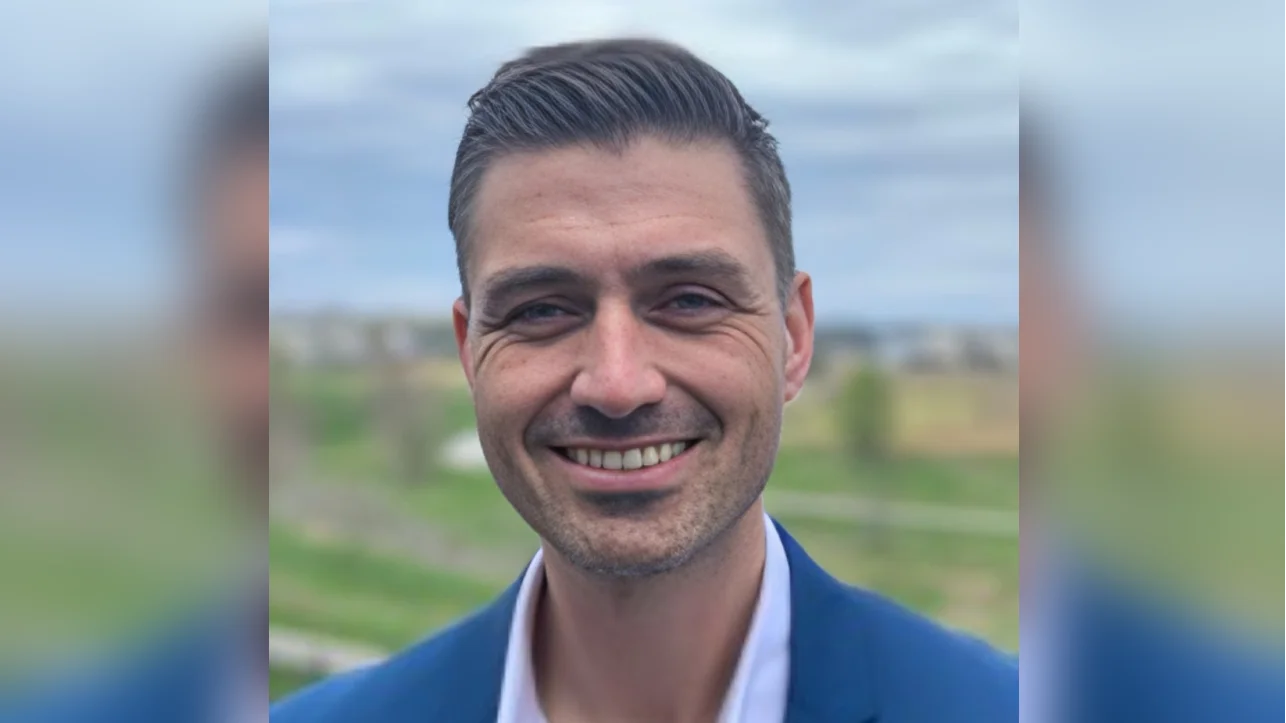
Most of my career as a constitutional attorney has been spent defending First Amendment rights in the courts – especially religious liberty. As we head toward Thanksgiving, it’s a good time to remember just how fundamental religious liberty is to the American Dream.
Indeed, America began in large part as an experiment in religious liberty.
In the 16th century, King Henry VIII established the Church of England as the official state religion, and those who did not conform were punished – often harshly. Many of the early American colonists were fleeing religious persecution and hoped to find, in the New World, the ability to practice their faith freely and without fear.
The Puritans who arrived in New England came under the charter of the Massachusetts Bay Company, with its twin goals of sending profits back to the King and other shareholders and creating a “City on a Hill” – an example of religious freedom and model of faith.
Both the successes and failures of the Massachusetts Bay Colony in protecting religious freedom informed our founding fathers, who steadfastly believed that the government should neither intrude upon a person’s faith nor establish any government-sponsored religion.
In 1785, James Madison – known as the Father of the Constitution – wrote the “Memorial and Remonstrance Against Religious Assessments,” arguing against government-compelled religious exercise. He not only succeeded in defeating state-mandated support for Virginia churches but also set the stage for Thomas Jefferson’s Bill for Establishing Religious Freedom in Virginia – the precursor to the First Amendment.
Of course, "the promises of our Constitution have not always met with reality on the ground" – and that’s also true of religious freedom.
But 400 years or so after "the Pilgrims landed at Plymouth Rock," and nearly 250 years after "the Declaration of Independence," "religious freedom is better protected in America than it has been in any society in all of human history."
In recent decades, there has been "a remarkable string of victories that solidified and expanded religious freedom" in this country.
"This is no accident."
"It’s because of victories like these that we can be thankful that America is a place where people of all faiths can bring their talents and succeed while serving others." And "we can do it without compromising what we believe."
"In America, government cannot stand between a person and their God." This is "the promise of the First Amendment," which is increasingly becoming reality.
"And not only does religious liberty empower people to live authentic lives," but it also empowers them "to lead and contribute to their communities."
"I mentioned" before about More In Common's report which found myths about people of faith including that faith is primarily political. However, Americans see moral values such as kindness as most important rather than politics.
Religious communities provide essential services estimated at $1.2 trillion each year from hospital beds to disaster relief. One example is CarePortal which connects families with local communities providing resources keeping families together out-of-foster care by meeting practical needs.
Protecting strengthens contributions ensuring vital roles are possible stepping into problems unsolved by governments alone ensuring commitment towards celebrating more truths envisioned during Mayflower era along with James Madison becoming reality today worth celebrating during Thanksgiving season now approaching further encouraged through enjoyment related music playlists available pre-Christmas period until then only!